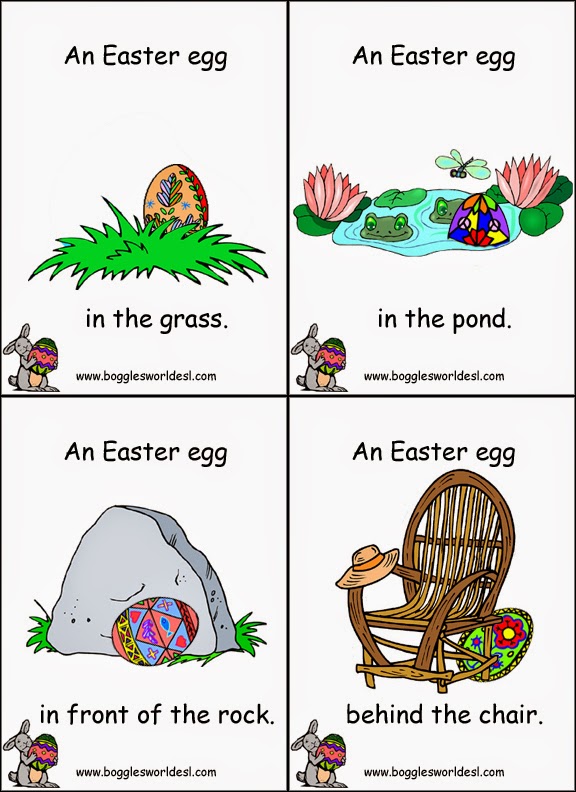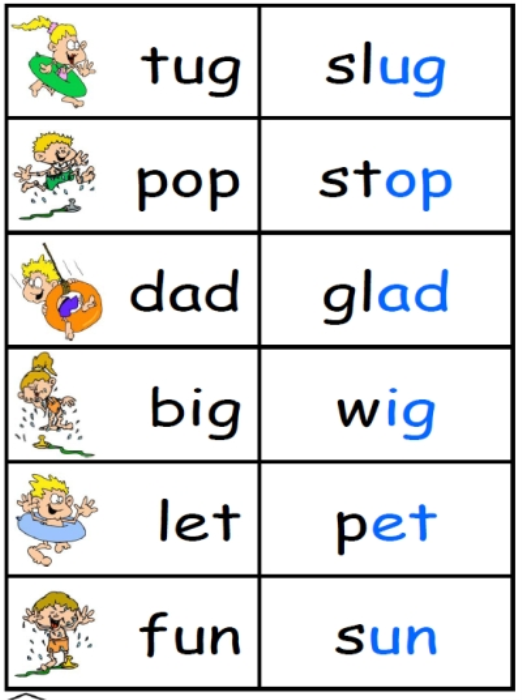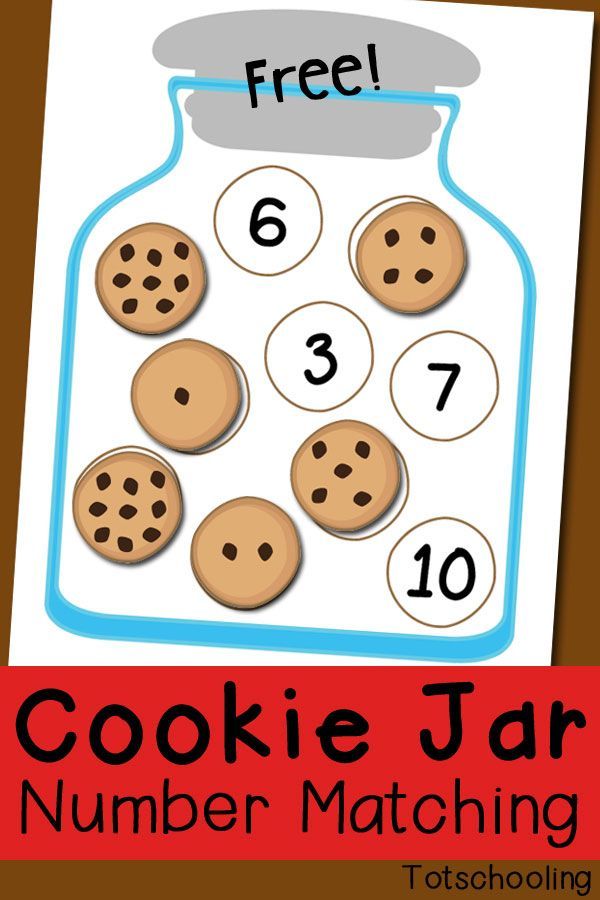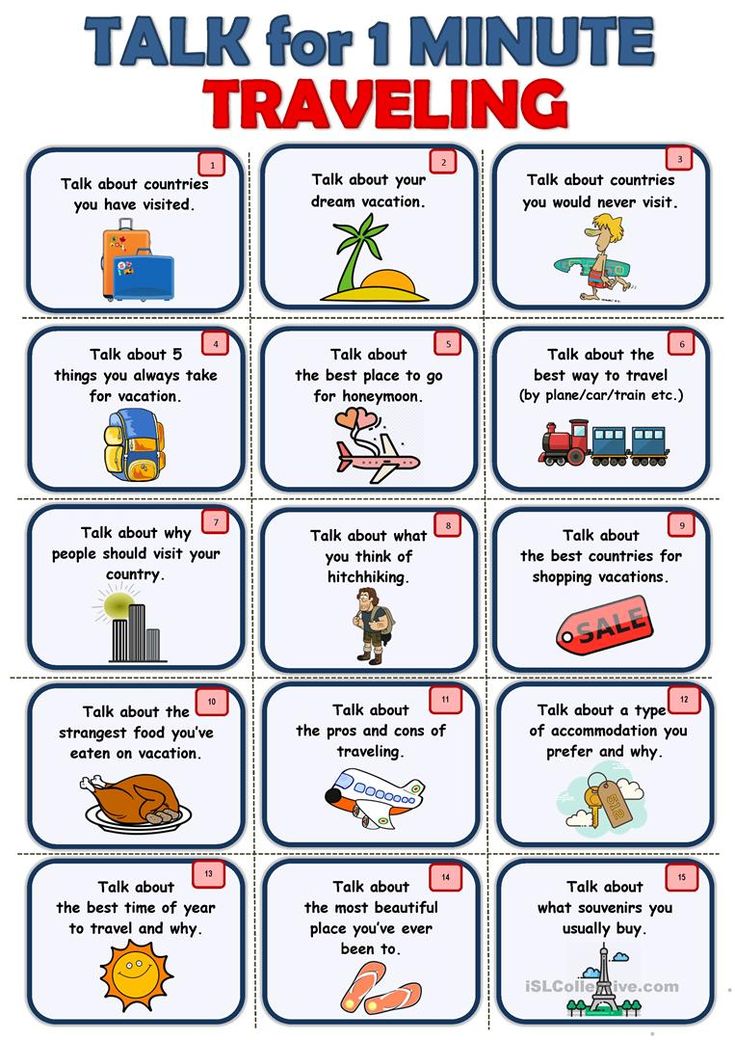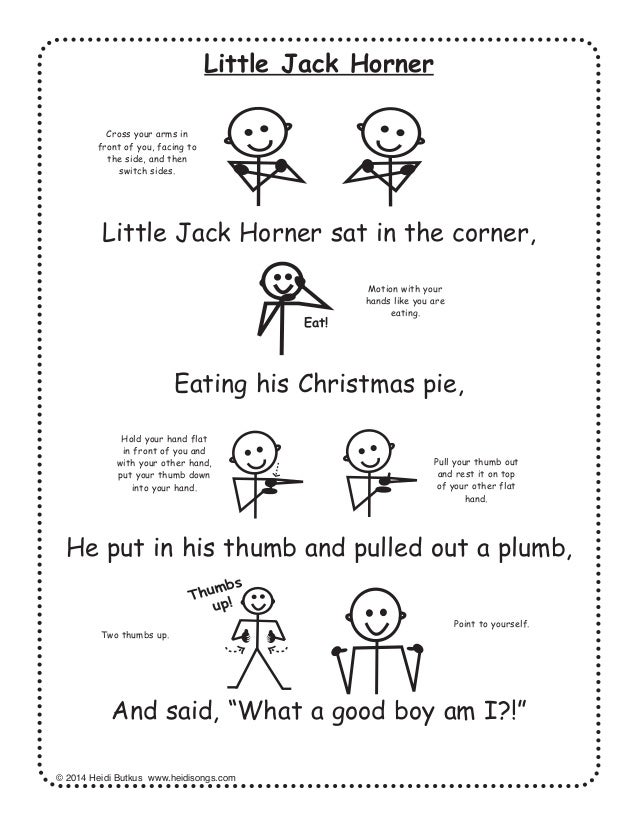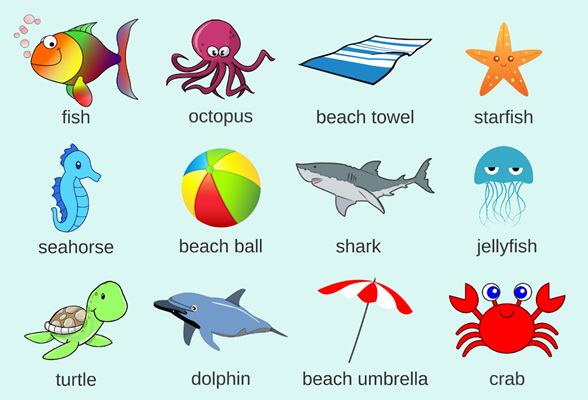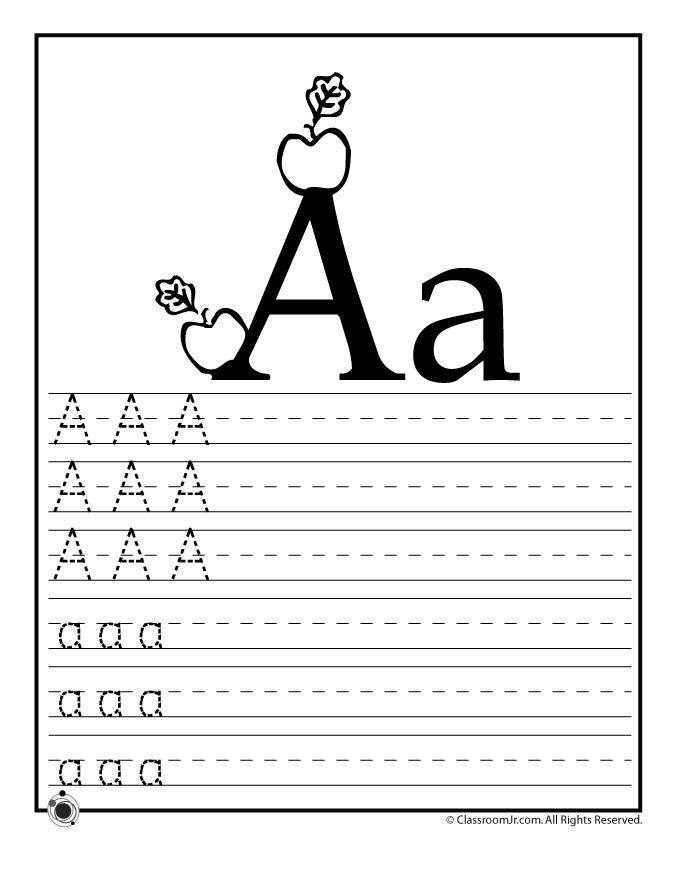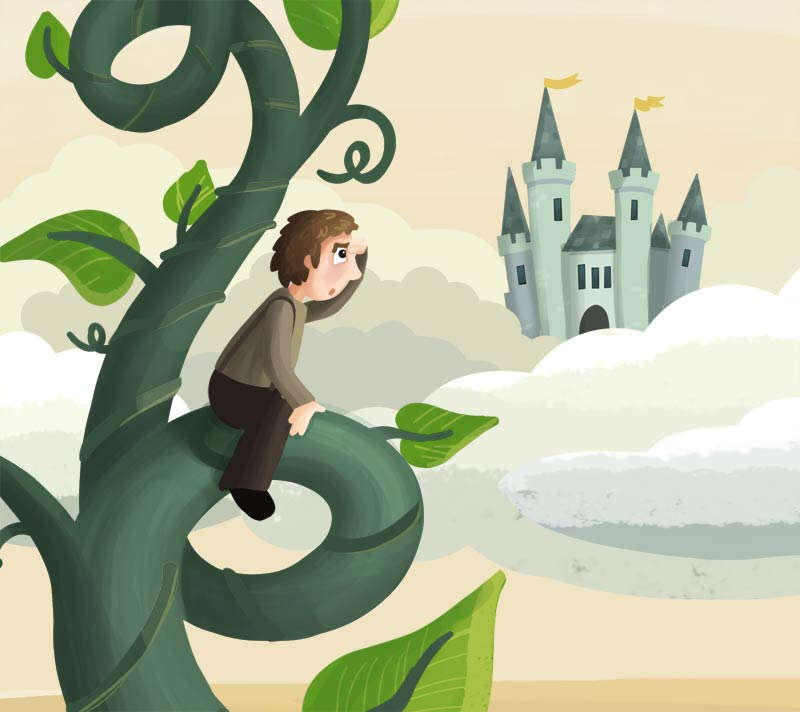Get the egg story
The Egg, by Sherwood Anderson, 1920
[1876-1941]
From Sherwood Anderson's second short story collection, The Triumph of the Egg (New York: Huebsch, 1921), pp 46-63; originally, "The Triumph of the Egg," in Dial, number 68, March, 1920. [Project Gutenberg has Winesburg, Ohio in wnbrg11.txt.]
MY FATHER was, I am sure, intended by nature to be a cheerful,
kindly man. Until he was thirty-four years old he worked as a
farmhand for a man named Thomas Butterworth whose place
lay near the town of Bidwell, Ohio. He had then a horse of his
own and on Saturday evenings drove into town to spend a few
hours in social intercourse with other farmhands. In town he drank
several glasses of beer and stood about in Ben Head's
saloon--crowded on Saturday evenings with visiting farmhands.
Songs
were sung and glasses thumped on the bar. At ten o'clock father
drove home along a lonely country road, made his horse
comfortable for the night and himself went to bed, quite happy in his
position in life. He had at that time no notion of trying to rise in
the world.
It was in the spring of his thirty-fifth year that father married my mother, then a country schoolteacher, and in the following spring I came wriggling and crying into the world. Something happened to the two people. They became ambitious. The American passion for getting up in the world took possession of them.
It may have been that mother was responsible. Being a
schoolteacher she had no doubt read books and magazines. She
had, I presume, read of how Garfield, Lincoln, and other
Americans rose from poverty to fame and greatness and as I lay beside
her--in the days of her lying-in--she may have dreamed that I
would someday rule men and cities.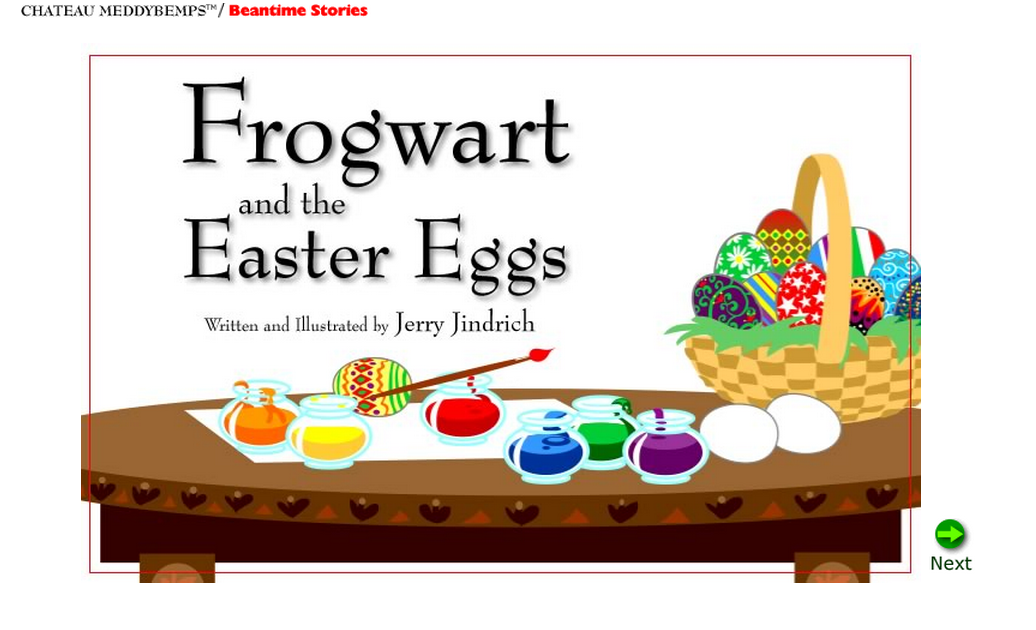 At any rate she induced father
to give up his place as a farmhand, sell his horse and embark on
an independent enterprise of his own. She was a tall silent woman
with a long nose and troubled grey eyes. For herself she wanted
nothing. For father and myself she was incurably ambitious.
At any rate she induced father
to give up his place as a farmhand, sell his horse and embark on
an independent enterprise of his own. She was a tall silent woman
with a long nose and troubled grey eyes. For herself she wanted
nothing. For father and myself she was incurably ambitious.
The first venture into which the two people went turned out badly. They rented ten acres of poor stony land on Griggs's Road, eight miles from Bidwell, and launched into chicken raising. I grew into boyhood on the place and got my first impressions of life there. From the beginning they were impressions of disaster and if, in my turn, I am a gloomy man inclined to see the darker side of life, I attribute it to the fact that what should have been for me the happy joyous days of childhood were spent on a chicken farm.
One unversed in such matters can have no notion of the many
and tragic things that can happen to a chicken. It is born out of
an egg, lives for a few weeks as a tiny fluffy thing such as you will
see pictured on Easter cards, then becomes hideously naked, eats
quantities of corn and meal bought by the sweat of your father's
brow, gets diseases called pip, cholera, and other names, stands
looking with stupid eyes at the sun, becomes sick and dies. A few
hens and now and then a rooster, intended to serve God's
mysterious ends, struggle through to maturity. The hens lay eggs out of
which come other chickens and the dreadful cycle is thus made
complete. It is all unbelievably complex. Most philosophers must
have been raised on chicken farms. One hopes for so much from
a chicken and is so dreadfully disillusioned. Small chickens, just
setting out on the journey of life, look so bright and alert and
they are in fact so dreadfully stupid. They are so much like people
they mix one up in one's judgments of life. If disease does not kill
them they wait until your expectations are thoroughly aroused
and then walk under the wheels of a wagon--to go squashed and
dead back to their maker.
It is born out of
an egg, lives for a few weeks as a tiny fluffy thing such as you will
see pictured on Easter cards, then becomes hideously naked, eats
quantities of corn and meal bought by the sweat of your father's
brow, gets diseases called pip, cholera, and other names, stands
looking with stupid eyes at the sun, becomes sick and dies. A few
hens and now and then a rooster, intended to serve God's
mysterious ends, struggle through to maturity. The hens lay eggs out of
which come other chickens and the dreadful cycle is thus made
complete. It is all unbelievably complex. Most philosophers must
have been raised on chicken farms. One hopes for so much from
a chicken and is so dreadfully disillusioned. Small chickens, just
setting out on the journey of life, look so bright and alert and
they are in fact so dreadfully stupid. They are so much like people
they mix one up in one's judgments of life. If disease does not kill
them they wait until your expectations are thoroughly aroused
and then walk under the wheels of a wagon--to go squashed and
dead back to their maker.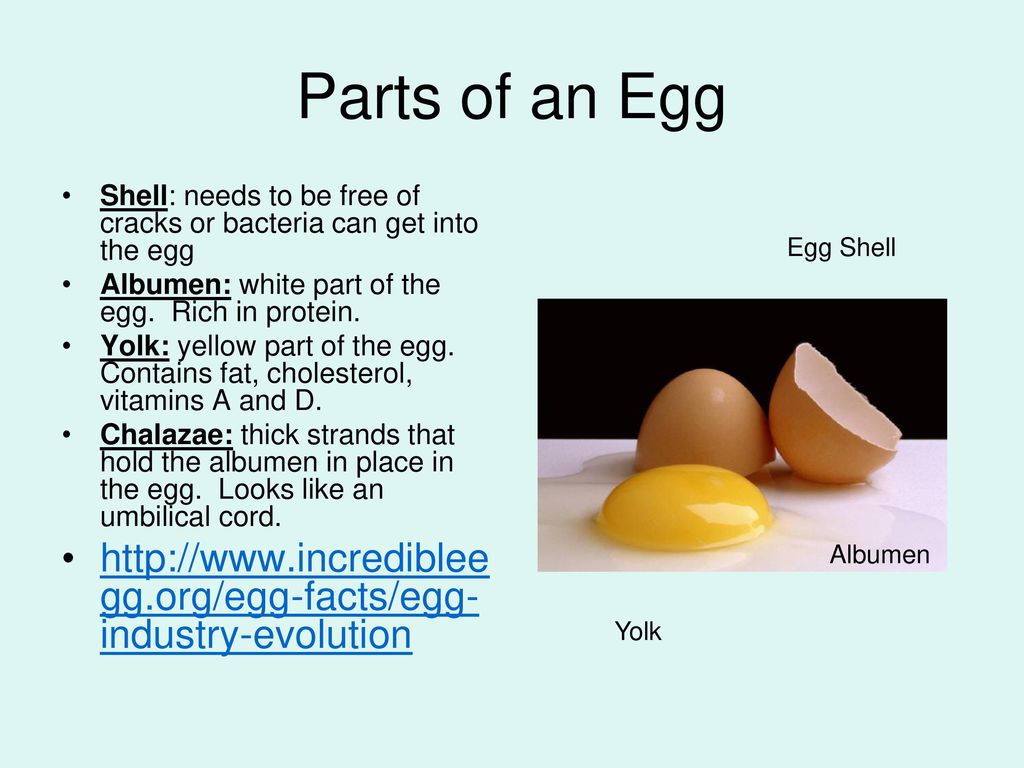 Vermin infest their youth, and fortunes
must be spent for curative powders. In later life I have seen how a
literature has been built up on the subject of fortunes to be made
out of the raising of chickens. It is intended to be read by the
gods who have just eaten of the tree of the knowledge of good
and evil. It is a hopeful literature and declares that much may be
done by simple ambitious people who own a few hens. Do not be
led astray by it. It was not written for you. Go hunt for gold on
the frozen hills of Alaska, put your faith in the honesty of a politician,
believe if you will that the world is daily growing better and that
good will triumph over evil, but do not read and believe the literature
that is written concerning the hen. It was not written for you.
Vermin infest their youth, and fortunes
must be spent for curative powders. In later life I have seen how a
literature has been built up on the subject of fortunes to be made
out of the raising of chickens. It is intended to be read by the
gods who have just eaten of the tree of the knowledge of good
and evil. It is a hopeful literature and declares that much may be
done by simple ambitious people who own a few hens. Do not be
led astray by it. It was not written for you. Go hunt for gold on
the frozen hills of Alaska, put your faith in the honesty of a politician,
believe if you will that the world is daily growing better and that
good will triumph over evil, but do not read and believe the literature
that is written concerning the hen. It was not written for you.
I, however, digress. My tale does not primarily concern itself
with the hen. If correctly told it will center on the egg. For ten
years my father and mother struggled to make our chicken farm
pay and then they gave up that struggle and began another. They
moved into the town of Bidwell, Ohio and embarked in the
restaurant business. After ten years of worry with incubators that
did not hatch, and with tiny--and in their own way lovely--balls
of fluff that passed on into semi-naked pullerhood and from
that into dead henhood, we threw all aside and packing our
belongings on a wagon drove down Griggs's Road toward Bidwell,
a tiny caravan of hope looking for a new place from which to
start on our upward journey through life.
They
moved into the town of Bidwell, Ohio and embarked in the
restaurant business. After ten years of worry with incubators that
did not hatch, and with tiny--and in their own way lovely--balls
of fluff that passed on into semi-naked pullerhood and from
that into dead henhood, we threw all aside and packing our
belongings on a wagon drove down Griggs's Road toward Bidwell,
a tiny caravan of hope looking for a new place from which to
start on our upward journey through life.
We must have been a sad looking lot, not, I fancy, unlike
refugees fleeing from a battlefield. Mother and I walked in the
road. The wagon that contained our goods had been borrowed
for the day from Mr. Albert Griggs, a neighbor. Out of its sides
stuck the legs of cheap chairs and at the back of the pile of beds,
tables, and boxes filled with kitchen utensils was a crate of live
chickens, and on top of that the baby carriage in which I had
been wheeled about in my infancy.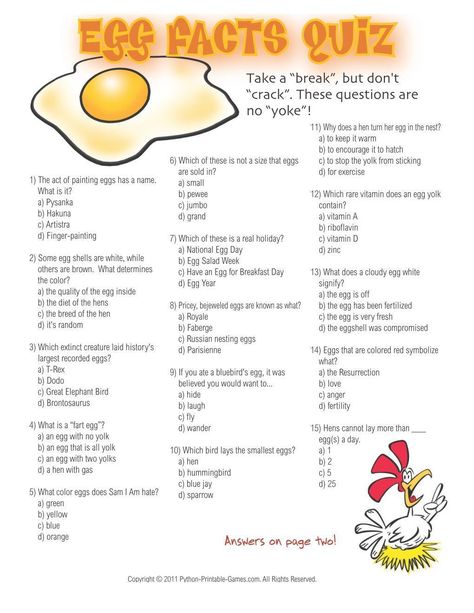 Why we stuck to the baby
carriage I don't know. It was unlikely other children would be
born and the wheels were broken. People who have few possessions
cling tightly to those they have. That is one of the facts that make
life so discouraging.
Why we stuck to the baby
carriage I don't know. It was unlikely other children would be
born and the wheels were broken. People who have few possessions
cling tightly to those they have. That is one of the facts that make
life so discouraging.
Father rode on top of the wagon. He was then a bald-headed
man of forty-five, a little fat and from long association with mother
and the chickens he had become habitually silent and discouraged.
All during our ten years on the chicken farm he had worked as a
laborer on neighboring farms and most of the money he had
earned had been spent for remedies to cure chicken diseases, on
Wilmer's White Wonder Cholera Cure or Professor Bidlow's Egg
Producer or some other preparations that mother found advertised
in the poultry papers. There were two little patches of hair on
father's head just above his ears. I remember that as a child I used
to sit looking at him when he had gone to sleep in a chair before
the stove on Sunday afternoons in the winter.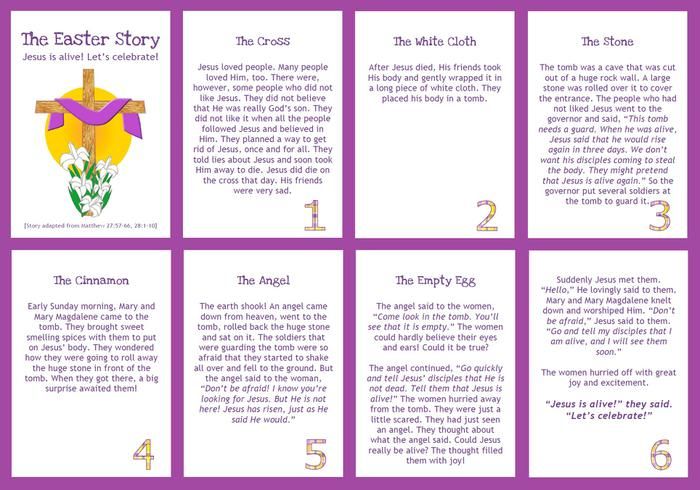 I had at that rime
already begun to read books and have notions of my own and the
bald path that led over the top of his head was, I fancied, something
like a broad road, such a road as Caesar might have made on
which to lead his legions out of Rome and into the wonders of an
unknown world. The tufts of hair that grew above father's ears
were, I thought, like forests. I fell into a half-sleeping, half-waking
state and dreamed I was a tiny thing going along the road into a
far beautiful place where there were no chicken farms and where
life was a happy eggless affair.
I had at that rime
already begun to read books and have notions of my own and the
bald path that led over the top of his head was, I fancied, something
like a broad road, such a road as Caesar might have made on
which to lead his legions out of Rome and into the wonders of an
unknown world. The tufts of hair that grew above father's ears
were, I thought, like forests. I fell into a half-sleeping, half-waking
state and dreamed I was a tiny thing going along the road into a
far beautiful place where there were no chicken farms and where
life was a happy eggless affair.
One might write a book concerning our flight from the chicken farm into town. Mother and I walked the entire eight miles--she to be sure that nothing fell from the wagon and I to see the wonders of the world. On the seat of the wagon beside father was his greatest treasure. I will tell you of that.
On a chicken farm where hundreds and even thousands of
chickens come out of eggs, surprising things sometimes happen.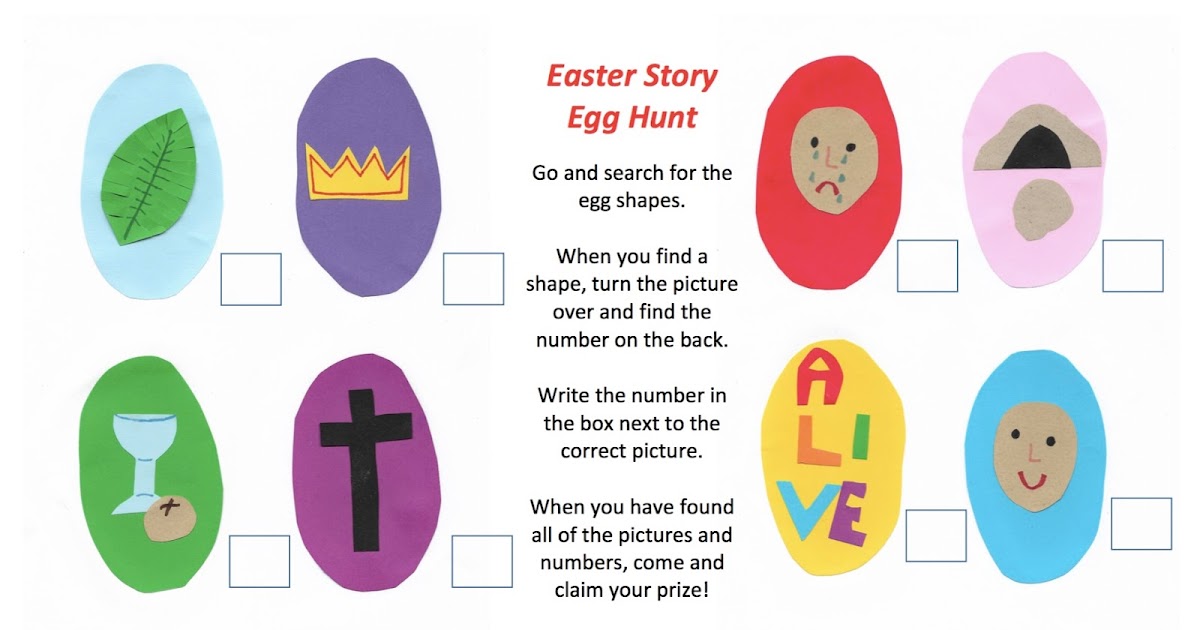 Grotesques are born out of eggs as out of people. The accident
does not often occur--perhaps once in a thousand births. A chicken
is, you see, born that has four legs, two pairs of wings, two heads
or what not. The things do not live. They go quickiy back to the
hand of their maker that has for a moment trembled. The fact
that the poor little things could not live was one of the tragedies
of life to father. He had some sort of notion that if he could but
bring into henhood or roosterhood a five-legged hen or a
two-headed rooster his fortune would be made. He dreamed of taking
the wonder about to county fairs and of growing rich by
exhibiting it to other farmhands.
Grotesques are born out of eggs as out of people. The accident
does not often occur--perhaps once in a thousand births. A chicken
is, you see, born that has four legs, two pairs of wings, two heads
or what not. The things do not live. They go quickiy back to the
hand of their maker that has for a moment trembled. The fact
that the poor little things could not live was one of the tragedies
of life to father. He had some sort of notion that if he could but
bring into henhood or roosterhood a five-legged hen or a
two-headed rooster his fortune would be made. He dreamed of taking
the wonder about to county fairs and of growing rich by
exhibiting it to other farmhands.
At any rate he saved all the little monstrous things that had
been born on our chicken farm. They were preserved in alcohol
and put each in its own glass bottle. These he had carefully put
into a box and on our journey into town it was carried on the
wagon seat beside him.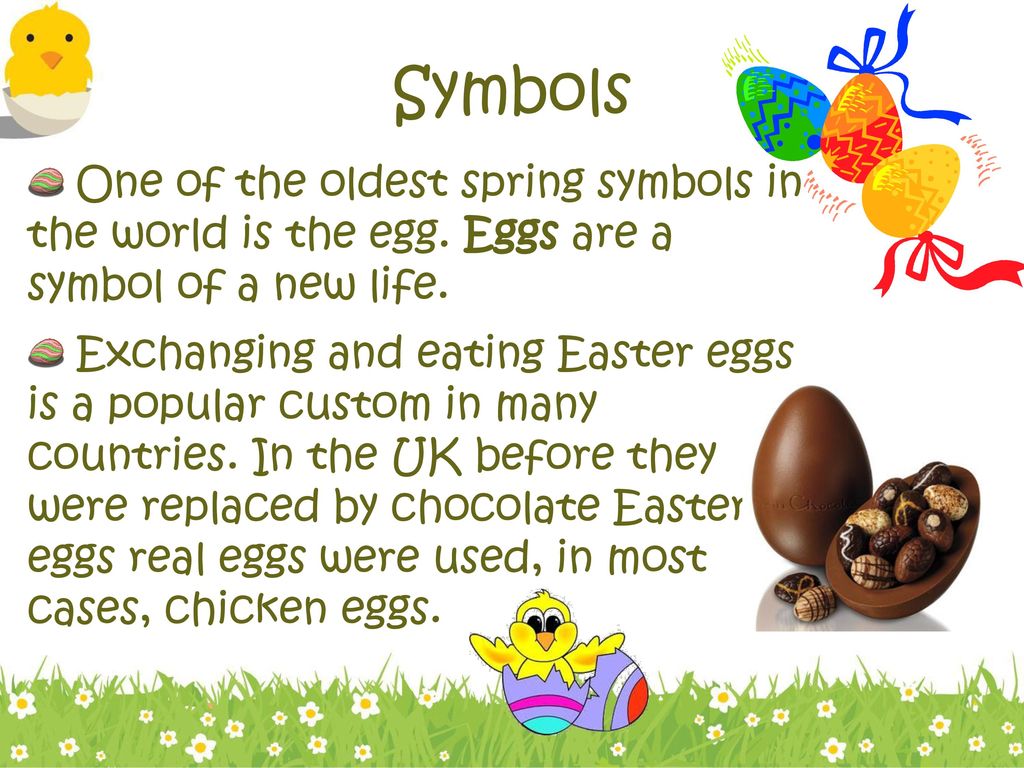 He drove the horses with one hand and
with the other clung to the box. When we got to our destination
the box was taken down at once and the bottles removed. All
during our days as keepers of a restaurant in the town of Bidwell,
Ohio, the grotesques in their little glass bottles sat on a shelf back
of the counter. Mother sometimes protested but father was a rock
on the subject of his treasure. The grotesques were, he declared,
valuable. People, he said, liked to look at strange and wonderful
things.
He drove the horses with one hand and
with the other clung to the box. When we got to our destination
the box was taken down at once and the bottles removed. All
during our days as keepers of a restaurant in the town of Bidwell,
Ohio, the grotesques in their little glass bottles sat on a shelf back
of the counter. Mother sometimes protested but father was a rock
on the subject of his treasure. The grotesques were, he declared,
valuable. People, he said, liked to look at strange and wonderful
things.
Did I say that we embarked in the restaurant business in the
town of Bidwell, Ohio? I exaggerated a little. The town itself lay
at the foot of a low hill and on the shore of a small river. The
railroad did not run through the town and the station was a mile
away to the north at a place called Pickleville. There had been a
cider mill and pickle factory at the station, but before the time of
our coming they had both gone out of business.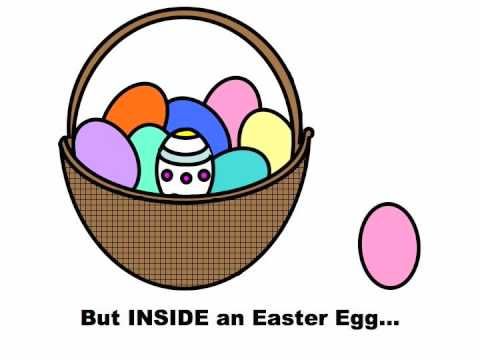 In the morning
and in the evening busses came down to the station along a road
called Turner's Pike from the hotel on the main street of Bidwell.
Our going to the out-of-the-way place to embark in the restaurant
business was mother's idea. She talked of it for a year and then
one day went off and rented an empty store building opposite
the railroad station. It was her idea that the restaurant would be
profitable. Travelling men, she said, would be always waiting around
to take trains out of town and town people would come to the
station to await incoming trains. They would come to the restaurant
to buy pieces of pie and drink coffee. Now that I am older I know
that she had another motive in going. She was ambitious for me.
She wanted me to rise in the world, to get into a town school and
become a man of the towns.
In the morning
and in the evening busses came down to the station along a road
called Turner's Pike from the hotel on the main street of Bidwell.
Our going to the out-of-the-way place to embark in the restaurant
business was mother's idea. She talked of it for a year and then
one day went off and rented an empty store building opposite
the railroad station. It was her idea that the restaurant would be
profitable. Travelling men, she said, would be always waiting around
to take trains out of town and town people would come to the
station to await incoming trains. They would come to the restaurant
to buy pieces of pie and drink coffee. Now that I am older I know
that she had another motive in going. She was ambitious for me.
She wanted me to rise in the world, to get into a town school and
become a man of the towns.
At Pickleville father and mother worked hard as they always
had done. At first there was the necessity of putting our place
into shape to be a restaurant. That took a month. Father built a
shelf on which he put tins of vegetables. He painted a sign on
which he put his name in large red letters. Below his name was
the sharp command--"EAT HERE"--that was so seldom obeyed.
A showcase was bought and filled with cigars and tobacco. Mother
scrubbed the floor and the walls of the room. I went to school in
the town and was glad to be away from the farm and from the
presence of the discouraged, sad-looking chickens. Still I was not
very joyous. In the evening I walked home from school along
Turner's Pike and remembered the children I had seen playing in
the town school yard. A troop of little girls had gone hopping
about and singing. I tried that. Down along the frozen road I
went hopping solemnly on one leg. "Hippity hop to the barber
shop," I sang shrilly. Then I stopped and looked doubtfully about.
I was afraid of being seen in my gay mood. It must have seemed
to me that I was doing a thing that should not be done by one
who, like myself, had been raised on a chicken farm where death
was a daily visitor.
That took a month. Father built a
shelf on which he put tins of vegetables. He painted a sign on
which he put his name in large red letters. Below his name was
the sharp command--"EAT HERE"--that was so seldom obeyed.
A showcase was bought and filled with cigars and tobacco. Mother
scrubbed the floor and the walls of the room. I went to school in
the town and was glad to be away from the farm and from the
presence of the discouraged, sad-looking chickens. Still I was not
very joyous. In the evening I walked home from school along
Turner's Pike and remembered the children I had seen playing in
the town school yard. A troop of little girls had gone hopping
about and singing. I tried that. Down along the frozen road I
went hopping solemnly on one leg. "Hippity hop to the barber
shop," I sang shrilly. Then I stopped and looked doubtfully about.
I was afraid of being seen in my gay mood. It must have seemed
to me that I was doing a thing that should not be done by one
who, like myself, had been raised on a chicken farm where death
was a daily visitor.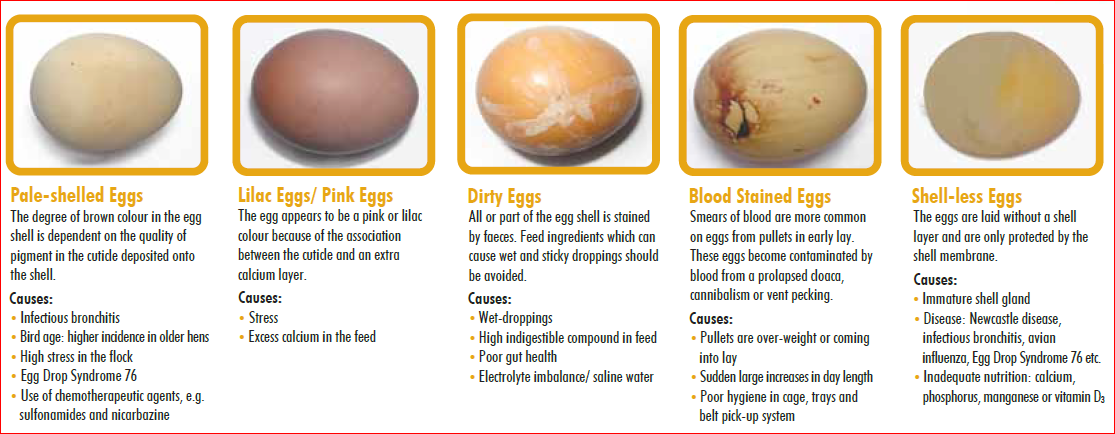
Mother decided that our restaurant should remain open at
night. At ten in the evening a passenger train went north past our
door followed by a local freight. The freight crew had switching
to do in Pickleville and when the work was done they came to
our restaurant for hot coffee and food. Sometimes one of them
ordered a fried egg. In the morning at four they returned
northbound and again visited us. A little trade began to grow up. Mother
slept at night and during the day tended the restaurant and fed
our boarders while father slept. He slept in the same bed mother
had occupied during the night and I went off to the town of
Bidwell and to school. During the long nights, while mother and
I slept, father cooked meats that were to go into sandwiches for
the lunch baskets of our boarders. Then an idea in regard to getting
up in the world came into his head. The American spirit took
hold of him. He also became ambitious.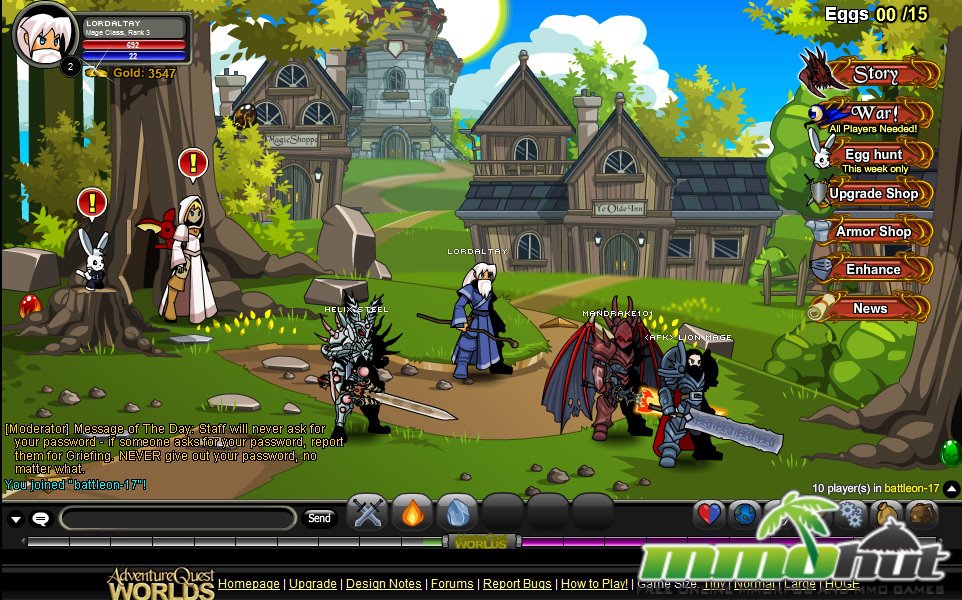
In the long nights when there was little to do father had time to think. That was his undoing. He decided that he had in the past been an unsuccessful man because he had not been cheerful enough and that in the future he would adopt a cheerful outlook on life. In the early morning he came upstairs and got into bed with mother. She woke and the two talked. From my bed in the corner I listened.
It was father's idea that both he and mother should try to
entertain the people who came to eat at our restaurant. I cannot
now remember his words, but he gave the impression of one about
to become in some obscure way a kind of public entertainer. When
people, particularly young people from the town of Bidwell, came
into our place, as on very rare occasions they did, bright entertaining
conversation was to be made. From father's words I gathered that
something of the jolly innkeeper effect was to be sought.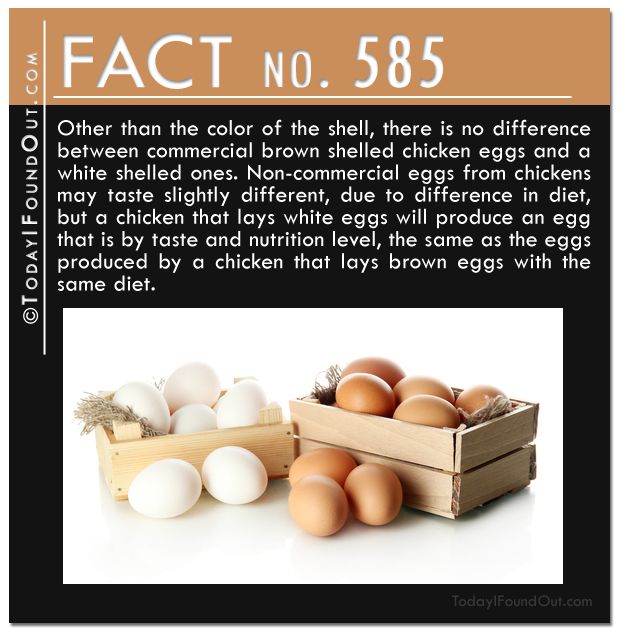 Mother
must have been doubtful from the first, but she said nothing
discouraging. It was father's notion that a passion for the company
of himself and mother would spring up in the breasts of the younger
people of the town of Bidwell. In the evening bright happy groups
would come singing down Turner's Pike. They would troop shouting
with joy and laughter into our place. There would be song and
festivity. I do not mean to give the impression that father spoke
so elaborately of the matter. He was as I have said an
uncommunicative man. "They want some place to go. I tell you
they want some place to go," he said over and over. That was as
far as he got. My own imagination has filled in the blanks.
Mother
must have been doubtful from the first, but she said nothing
discouraging. It was father's notion that a passion for the company
of himself and mother would spring up in the breasts of the younger
people of the town of Bidwell. In the evening bright happy groups
would come singing down Turner's Pike. They would troop shouting
with joy and laughter into our place. There would be song and
festivity. I do not mean to give the impression that father spoke
so elaborately of the matter. He was as I have said an
uncommunicative man. "They want some place to go. I tell you
they want some place to go," he said over and over. That was as
far as he got. My own imagination has filled in the blanks.
For two or three weeks this notion of father's invaded our
house. We did not talk much but in our daily lives tried earnestly
to make smiles take the place of glum looks. Mother smiled at
the boarders and I, catching the infection, smiled at our cat.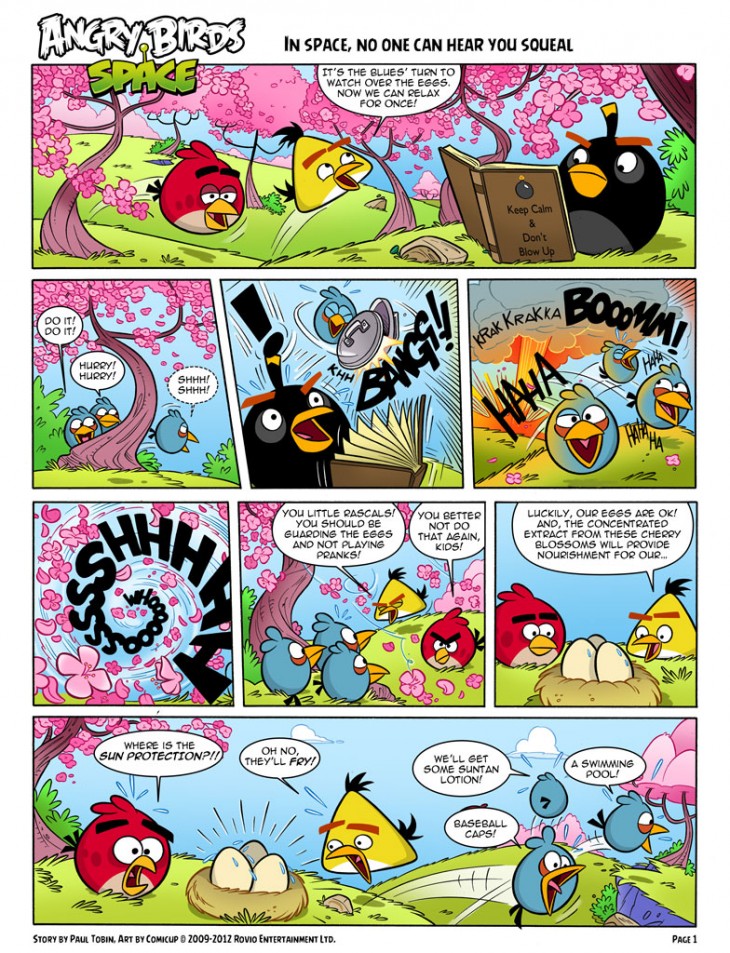 Father
became a little feverish in his anxiety to please. There was no
doubt lurking somewhere in him a touch of the spirit of the
showman. He did not waste much of his ammunition on the
railroad men he served at night but seemed to be waiting for a
young man or woman from Bidwell to come in to show what he
could do. On the counter in the restaurant there was a wire basket
kept always filled with eggs, and it must have been before his eyes
when the idea of being entertaining was born in his brain. There
was something pre-natal about the way eggs kept themselves
connected with the development of his idea. At any rate an egg
ruined his new impulse in life. Late one night I was awakened by
a roar of anger coming from father's throat. Both mother and I
sat upright in our beds. With trembling hands she lighted a lamp
that stood on a table by her head. Downstairs the front door of
our restaurant went shut with a bang and in a few minutes father
tramped up the stairs.
Father
became a little feverish in his anxiety to please. There was no
doubt lurking somewhere in him a touch of the spirit of the
showman. He did not waste much of his ammunition on the
railroad men he served at night but seemed to be waiting for a
young man or woman from Bidwell to come in to show what he
could do. On the counter in the restaurant there was a wire basket
kept always filled with eggs, and it must have been before his eyes
when the idea of being entertaining was born in his brain. There
was something pre-natal about the way eggs kept themselves
connected with the development of his idea. At any rate an egg
ruined his new impulse in life. Late one night I was awakened by
a roar of anger coming from father's throat. Both mother and I
sat upright in our beds. With trembling hands she lighted a lamp
that stood on a table by her head. Downstairs the front door of
our restaurant went shut with a bang and in a few minutes father
tramped up the stairs. He held an egg in his hand and his hand
trembled as though he were having a chill. There was a half insane
light in his eyes. As he stood glaring at us I was sure he intended
throwing the egg at either mother or me. Then he laid it gently
on the table beside the lamp and dropped on his knees beside
mother's bed. He began to cry like a boy and I, carried away by
his grief, cried with him. The two of us filled the little upstairs
room with our wailing voices. It is ridiculous, but of the picture
we made I can remember only the fact that mother's hand continually
stroked the bald path that ran across the top of his head. I have
forgotten what mother said to him and how she induced him to
tell her of what had happened downstairs. His explanation also
has gone out of my mind. I remember only my own grief and
fright and the shiny path over father's head glowing in the lamplight
as he knelt by the bed.
He held an egg in his hand and his hand
trembled as though he were having a chill. There was a half insane
light in his eyes. As he stood glaring at us I was sure he intended
throwing the egg at either mother or me. Then he laid it gently
on the table beside the lamp and dropped on his knees beside
mother's bed. He began to cry like a boy and I, carried away by
his grief, cried with him. The two of us filled the little upstairs
room with our wailing voices. It is ridiculous, but of the picture
we made I can remember only the fact that mother's hand continually
stroked the bald path that ran across the top of his head. I have
forgotten what mother said to him and how she induced him to
tell her of what had happened downstairs. His explanation also
has gone out of my mind. I remember only my own grief and
fright and the shiny path over father's head glowing in the lamplight
as he knelt by the bed.
As to what happened downstairs.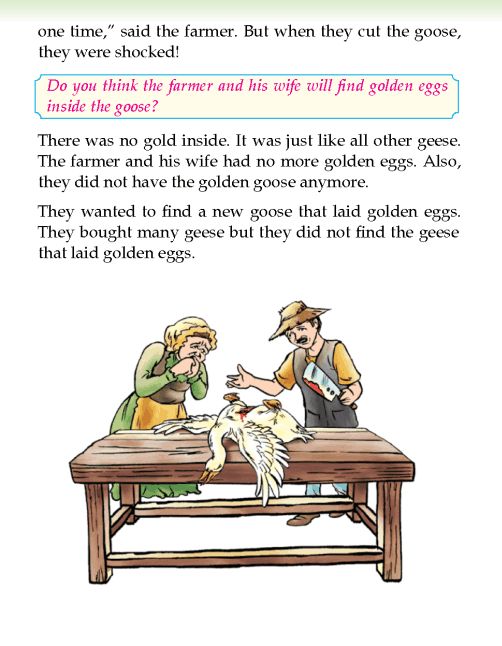 For some unexplainable reason
I know the story as well as though I had been a witness to my
father's discomfiture. One in time gets to know many unexplainable
things. On that evening young Joe Kane, son of a merchant of
Bidwell, came to Pickleville to meet his father, who was expected
on the ten o'clock evening train from the south. The train was
three hours late and Joe came into our place to loaf about and to
wait for its arrival. The local freight train came in and the freight
crew were fed. Joe was left alone in the restaurant with father.
For some unexplainable reason
I know the story as well as though I had been a witness to my
father's discomfiture. One in time gets to know many unexplainable
things. On that evening young Joe Kane, son of a merchant of
Bidwell, came to Pickleville to meet his father, who was expected
on the ten o'clock evening train from the south. The train was
three hours late and Joe came into our place to loaf about and to
wait for its arrival. The local freight train came in and the freight
crew were fed. Joe was left alone in the restaurant with father.
From the moment he came into our place the Bidwell young
man must have been puzzled by my father's actions. It was his
notion that father was angry at him for hanging around. He noticed
that the restaurant keeper was apparently disturbed by his presence
and he thought of going out. However, it began to rain and he
did not fancy the long walk to town and back.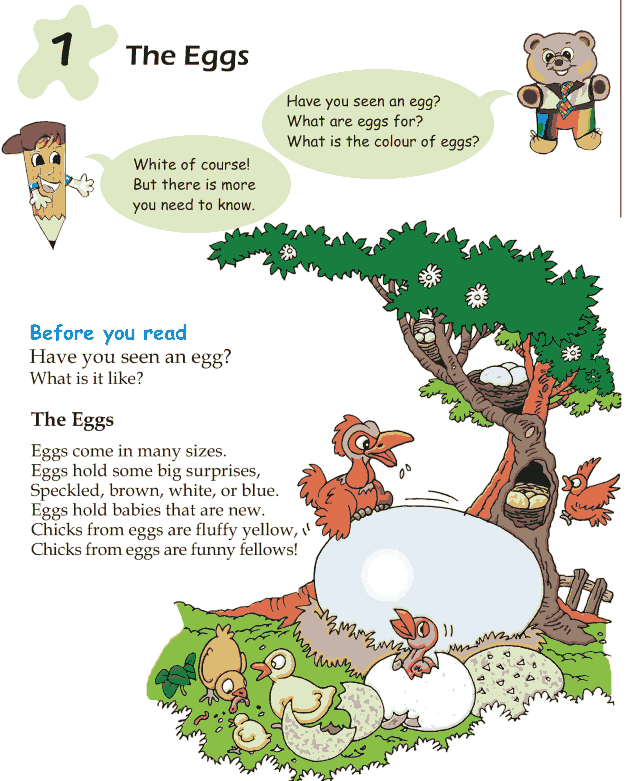 He bought a
five-cent cigar and ordered a cup of coffee. He had a newspaper in his
pocket and took it out and began to read. "I'm waiting for the
evening train. It's late," he said apologetically.
He bought a
five-cent cigar and ordered a cup of coffee. He had a newspaper in his
pocket and took it out and began to read. "I'm waiting for the
evening train. It's late," he said apologetically.
For a long time father, whom Joe Kane had never seen before, remained silently gazing at his visitor. He was no doubt suffering from an attack of stage fright. As so often happens in life he had thought so much and so often of the situation that now confronted him that he was somewhat nervous in its presence.
For one thing, he did not know what to do with his hands.
He thrust one of them nervously over the counter and shook
hands with Joe Kane. "How-de-do," he said. Joe Kane put his
newspaper down and stared at him. Father's eye lighted on the
basket of eggs that sat on the counter and he began to talk. "Well,"
he began hesitatingly, "well, you have heard of Christopher
Columbus, eh?" He seemed to be angry. "That Christopher Columbus
was a cheat," he declared emphatically. "He talked of making an
egg stand on its end. He talked, he did, and then he went and
broke the end of the egg."
"That Christopher Columbus
was a cheat," he declared emphatically. "He talked of making an
egg stand on its end. He talked, he did, and then he went and
broke the end of the egg."
My father seemed to his visitor to be beside himself at the
duplicity of Christopher Columbus. He muttered and swore. He
declared it was wrong to teach children that Christopher Columbus
was a great man when, after all, he cheated at the critical moment.
He had declared he would make an egg stand on end and then
when his bluff had been called he had done a trick. Still grumbling
at Columbus, father took an egg from the basket on the counter
and began to walk up and down. He rolled the egg between the
palms of his hands. He smiled genially. He began to mumble
words regarding the effect to be produced on an egg by the electricity
that comes out of the human body. He declared that without
breaking its shell and by virtue of rolling it back and forth in his
hands he could stand the egg on its end.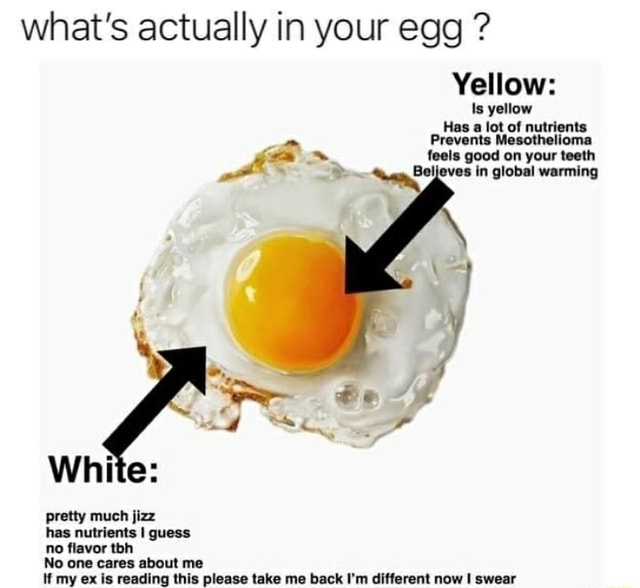 He explained that the
warmth of his hands and the gentle rolling movement he gave
the egg created a new center of gravity, and Joe Kane was mildly
interested. "I have handled thousands of eggs," father said. "No
one knows more about eggs than I do."
He explained that the
warmth of his hands and the gentle rolling movement he gave
the egg created a new center of gravity, and Joe Kane was mildly
interested. "I have handled thousands of eggs," father said. "No
one knows more about eggs than I do."
He stood the egg on the counter and it fell on its side. He tried the trick again and again, each time rolling the egg between the palms of his hands and saying the words regarding the wonders of electricity and the laws of gravity. When after a half hour's effort he did succeed in making the egg stand for a moment, he looked up to find that his visitor was no longer watching. By the time he had succeeded in calling Joe Kane's attention to the success of his effort, the egg had again rolled over and lay on its side.
Afire with the showman's passion and at the same time a good
deal disconcerted by the failure of his first effort, father now took
the bottles containing the poultry monstrosities down from their
place on the shelf and began to show them to his visitor. "How
would you like to have seven legs and two heads like this fellow?"
he asked, exhibiting the most remarkable of his treasures. A cheerful
smile played over his face. He reached over the counter and tried
to slap Joe Kane on the shoulder as he had seen men do in Ben
Head's saloon when he was a young farmhand and drove to town
on Saturday evenings. His visitor was made a little ill by the sight
of the body of the terribly deformed bird floating in the alcohol
in the bottle and got up to go. Coming from behind the counter,
father took hold of the young man's arm and led him back to his
seat. He grew a little angry and for a moment had to turn his face
away and force himself to smile. Then he put the bottles back on
the shelf. In an outburst of generosity he fairly compelled Joe
Kane to have a fresh cup of coffee and another cigar at his expense.
Then he took a pan and filling it with vinegar, taken from a jug
that sat beneath the counter, he declared himself about to do a
new trick.
"How
would you like to have seven legs and two heads like this fellow?"
he asked, exhibiting the most remarkable of his treasures. A cheerful
smile played over his face. He reached over the counter and tried
to slap Joe Kane on the shoulder as he had seen men do in Ben
Head's saloon when he was a young farmhand and drove to town
on Saturday evenings. His visitor was made a little ill by the sight
of the body of the terribly deformed bird floating in the alcohol
in the bottle and got up to go. Coming from behind the counter,
father took hold of the young man's arm and led him back to his
seat. He grew a little angry and for a moment had to turn his face
away and force himself to smile. Then he put the bottles back on
the shelf. In an outburst of generosity he fairly compelled Joe
Kane to have a fresh cup of coffee and another cigar at his expense.
Then he took a pan and filling it with vinegar, taken from a jug
that sat beneath the counter, he declared himself about to do a
new trick.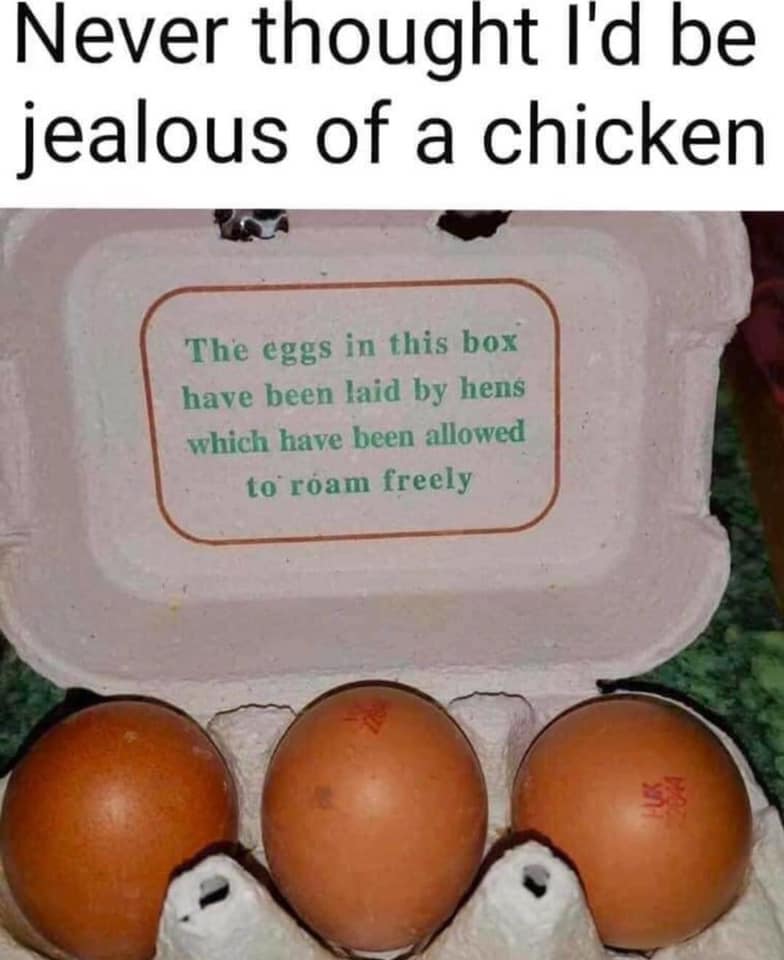 "I will heat this egg in this pan of vinegar," he said.
"Then I will put it through the neck of a bottle without breaking
the shell. When the egg is inside the bottle it will resume its
normal shape and the shell will become hard again. Then I will give
the bottle with the egg in it to you. You can take it about with
you wherever you go. People will want to know how you got the
egg in the bottle. Don't tell them. Keep them guessing. That is
the way to have fun with this trick."
"I will heat this egg in this pan of vinegar," he said.
"Then I will put it through the neck of a bottle without breaking
the shell. When the egg is inside the bottle it will resume its
normal shape and the shell will become hard again. Then I will give
the bottle with the egg in it to you. You can take it about with
you wherever you go. People will want to know how you got the
egg in the bottle. Don't tell them. Keep them guessing. That is
the way to have fun with this trick."
Father grinned and winked at his visitor. Joe Kane decided
that the man who confronted him was mildly insane but harmless.
He drank the cup of coffee that had been given him and began to
read his paper again. When the egg had been heated in vinegar,
father carried it on a spoon to the counter and going into a back
room got an empty bottle. He was angry because his visitor did
not watch him as he began to do his trick, but nevertheless went
cheerfully to work.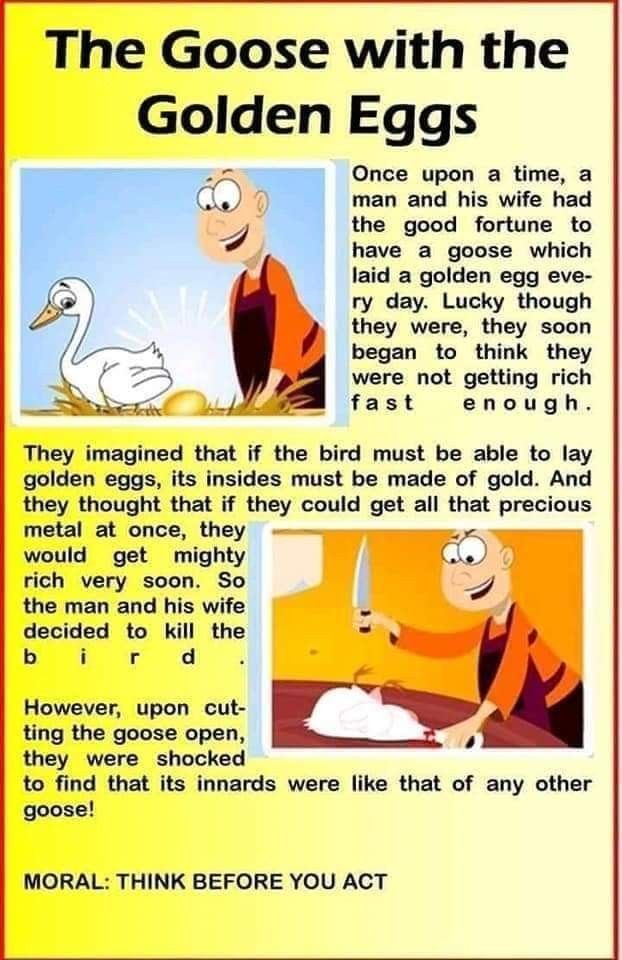 For a long time he struggled, trying to get the
egg to go through the neck of the bottle. He put the pan of vinegar
back on the stove, intending to reheat the egg, then picked it up
and burned his fingers. After a second bath in the hot vinegar,
the shell of the egg had been softened a little but not enough for
his purpose. He worked and worked and a spirit of desperate
determination took possession of him. When he thought that at
last the trick was about to be consummated, the delayed train
came in at the station and Joe Kane started to go nonchalantly
out at the door. Father made a last desperate effort to conquer the
egg and make it do the thing that would establish his reputation
as one who knew how to entertain guests who came into his
restaurant. He worried the egg. He attempted to be somewhat rough
with it. He swore and the sweat stood out on his forehead. The
egg broke under his hand. When the contents spurted over his
clothes, Joe Kane, who had stopped at the door, turned and laughed.
For a long time he struggled, trying to get the
egg to go through the neck of the bottle. He put the pan of vinegar
back on the stove, intending to reheat the egg, then picked it up
and burned his fingers. After a second bath in the hot vinegar,
the shell of the egg had been softened a little but not enough for
his purpose. He worked and worked and a spirit of desperate
determination took possession of him. When he thought that at
last the trick was about to be consummated, the delayed train
came in at the station and Joe Kane started to go nonchalantly
out at the door. Father made a last desperate effort to conquer the
egg and make it do the thing that would establish his reputation
as one who knew how to entertain guests who came into his
restaurant. He worried the egg. He attempted to be somewhat rough
with it. He swore and the sweat stood out on his forehead. The
egg broke under his hand. When the contents spurted over his
clothes, Joe Kane, who had stopped at the door, turned and laughed.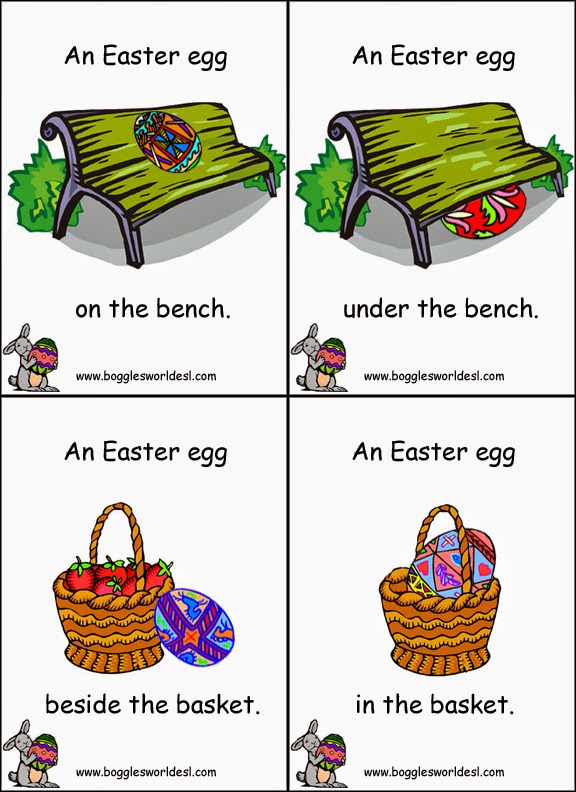
A roar of anger rose from my father's throat. He danced and shouted a string of inarticulate words. Grabbing another egg from the basket on the counter, he threw it, just missing the head of the young man as he dodged through the door and escaped.
Father came upstairs to mother and me with an egg in his
hand. I do not know what he intended to do. I imagine he had
some idea of destroying it, of destroying all eggs, and that he
intended to let mother and me see him begin. When, however,
he got into the presence of mother something happened to him.
He laid the egg gently on the table and dropped on his knees by
the bed as I have already explained. He later decided to close the
restaurant for the night and to come upstairs and get into bed.
When he did so he blew out the light and after much muttered
conversation both he and mother went to sleep. I suppose I went
to sleep also, but my sleep was troubled. I awoke at dawn and for
a long time looked at the egg that lay on the table. I wondered
why eggs had to be and why from the egg came the hen who
again laid the egg. The question got into my blood. It has stayed
there, I imagine, because I am the son of my father. At any rate,
the problem remains unsolved in my mind. And that, I conclude,
is but another evidence of the complete and final triumph of the
egg--at least as far as my family is concerned.
10 Mind-Expanding Thoughts on The Egg by Andy Weir
Andy Weir’s short story, The Egg, recently celebrated its 10th anniversary.
If you haven’t heard of it until now, don’t feel too bad. I was late to the game too.
Here’s how you can catch up.
Read it: You can read the original short story for free in 30+ languages on Andy Weir’s site here: The Egg (full short story).
Watch it: Kurzgesagt (German for “In a nutshell”) is a Munich-based design studio known for its YouTube animation videos. They created this video of the story to celebrate the 10th anniversary (note: it’s slightly adapted from the original text to make it better for video):
Wondering about Andy Weir’s inspiration to write The Egg? Here it is in his own words(1):
- “It originally came up because I was having an argument with my aunt. I thought her point of view was ridiculous. Then, later I figured if I had lived her life, her opinion would make perfect sense to me. That got me thinking about a system where people live each others’ lives.”
How about his hope for the reader?
- “I wanted the reader to change their mindset (if only for a short time) and start imagining themselves really being the people they meet.”
Ultimately, he came up with The Egg:
- “I wanted to come up with some way to look at the world such that life was fair. A way where everyone came out even in the end.
This is what I came up with.”
Andy Weir has said that The Egg doesn’t reflect his own personal beliefs or his thoughts on the nature of reality. It’s just a story.
However, that doesn’t mean we can’t look for some ways that the story can positively impact our day-to-day lives. The beauty of storytelling is that stories are subject to personal interpretation and meaning.
So, here are my top takeaways from The Egg:
1. We can “have a conversation” with God (Source, Being, Consciousness, or whatever name you prefer)The Egg is interesting on a number of levels:
- It’s narrated from the perspective of God
- God is having a simple, seemingly down-to-earth conversation with a human
You can envision God any way you want. If you could have a conversation with Consciousness, what would you say? If you could be with Being, what do you imagine it would be like? These can be enlightening thought experiments that we don’t often consider in our day-to-day lives.
And, unlike the story, you don’t have to wait for a traumatic experience to do this.
2. Death is natural“Don’t feel bad about it. Everyone dies.”
True. And, as Steve Jobs said, “Death is very likely the single best invention of life.”
Death can be a tough concept for people to wrap their heads around. To help, I compiled some of my all-time favorite mortality quotes. Here are some highlights:
- “If you want to be reborn, let yourself die. If you want to be given everything, give everything up.” — Lao Tzu, Tao Te Ching (Stephen Mitchell Version)
- “Death is a stripping away of all that is not you. The secret of life is to ‘die before you die’ and find that there is no death.” — Eckhart Tolle, A New Earth
- “How late it is to begin really to live just when life must end! How stupid to forget our mortality, and put off sensible plans to our fiftieth and sixtieth years, aiming to begin life from a point at which few have arrived!” — Seneca, On the Shortness of Life
- “Think of yourself as dead.
You have lived your life. Now, take what’s left and live it properly.” — Marcus Aurelius, Meditations
“‘Is this the afterlife?’
‘More or less,’ I said.”
Reincarnation? The afterlife? More or less. Nobody knows.
What do you think happens after we die? Have you consciously thought about it? Paradoxically, it can be a productive thought experiment that can give your life more meaning while you’re alive.
4. Relationships are most important in life“You just died and your main concern is for your family. That’s good stuff right there.”
There’s now long-running data to support relationships being most important. The Harvard Study of Adult Development has tracked the lives of over 700 people for over 75 years. The current director of the study, psychiatrist Robert Waldinger, says:
- “The lessons aren’t about wealth or fame or working harder and harder.
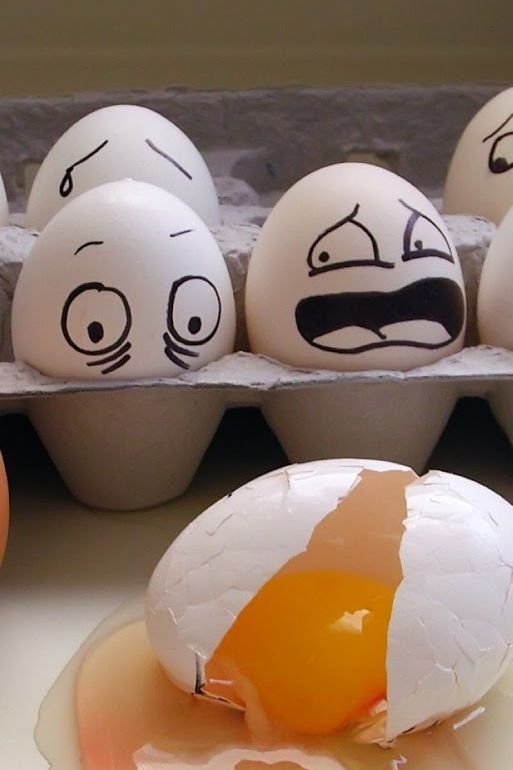 The clearest message that we get from this 75-year study is this: good relationships keep us happier and healthier. Period.”
The clearest message that we get from this 75-year study is this: good relationships keep us happier and healthier. Period.”
More on relationships here: Happiness 101: The Beginner’s Guide for How to be Happy (Money, Simplicity, Relationships, Culture)
5. Choose your own (religious or spiritual) adventure“All religions are right in their own way.”
This reminds me of a few quotes:
- “He who knows only one religion knows none.” — Max Müller
- “This is how you know something about God. You become one with Him. Ultimately, the only way to know about God is by letting your being merge into The Being, and then seeing what happens to you. This is universal consciousness, and the qualities of the beings who have attained this deep state are similar in every religion.” — Michael Singer, The Untethered Soul
- “Most ancient religions and spiritual traditions share the common insight – that our ‘normal’ state of mind is marred by a fundamental defect.
 However, out of this insight into the nature of the human condition – we may call it the bad news – arises a second insight: the good news of the possibility of a radical transformation of human consciousness. In Hindu teachings (and sometimes in Buddhism also), this transformation is called enlightenment. In the teachings of Jesus, it is salvation, and in Buddhism, it is the end of suffering. Liberation and awakening are other terms used to describe this transformation.” — Eckhart Tolle, A New Earth
However, out of this insight into the nature of the human condition – we may call it the bad news – arises a second insight: the good news of the possibility of a radical transformation of human consciousness. In Hindu teachings (and sometimes in Buddhism also), this transformation is called enlightenment. In the teachings of Jesus, it is salvation, and in Buddhism, it is the end of suffering. Liberation and awakening are other terms used to describe this transformation.” — Eckhart Tolle, A New Earth
There’s also a practical byproduct of religion and spirituality: you can live longer. Research conducted on people in the Blue Zones (a handful of areas on Earth where humans live to 100+ like the Ikarians in Greece) showed that actively engaging in spirituality or religion added years to your lifespan.
6. The meaning of life is up to you“The meaning of life, the reason I made this whole universe, is for you to mature. ’
’
‘You mean mankind? You want us to mature?’
‘No, just you. I made this whole universe for you. With each new life you grow and mature and become a larger and greater intellect.’
‘Just me? What about everyone else?’
‘There is no one else,’ I said. ‘In this universe, there’s just you and me.’
You stared blankly at me. ‘But all the people on earth…’
‘All you. Different incarnations of you.'”
I’ve often wondered if the meaning of life is simply for the development of character. Or, maybe this life is a test for the next life—just a training ground for what’s to come. Again, no one knows.
One of my favorite perspectives on the meaning of life comes from Naval Ravikant:
- “There is no answer. The real answer is ‘because.’ You get to make up your own answer is the beauty. If there was a single answer, we would not be free. We would be trapped…we would all have to live to that answer…luckily there is no answer.”
“You’ve been in a human for the last 48 years, so you haven’t stretched out yet and felt the rest of your immense consciousness. ”
”
Aside from finding and creating my purpose, spiritual growth has been the most life-transforming part of my journey over the last four years.
I’m still a beginner when it comes to consciousness and universal intelligence, but here are some posts to get you started:
- What is Spaceship Earth? & Why It’s Time Humanity Gets “On Board”
- 20 Conscious Themes from “The Untethered Soul” by Michael Singer (Book Summary)
- A Deep Look at “A New Earth” by Eckhart Tolle (Book Summary #1)
- The Ultimate Question: “Who am I? The Teachings of Bhagavan Sri Ramana Maharshi” (Book Summary)
“Your soul is more magnificent, beautiful, and gigantic than you can possibly imagine. A human mind can only contain a tiny fraction of what you are. It’s like sticking your finger in a glass of water to see if it’s hot or cold. You put a tiny part of yourself into the vessel, and when you bring it back out, you’ve gained all the experiences it had. ”
”
It’s estimated that 108,000,000,000 humans have ever lived on Earth. Yet, human intelligence is only a tiny fraction of universal intelligence. There’s still so much we don’t know or understand.
Even what we do know (math, science, physics, etc) are, in my mind, best described as the languages of God / Source / Being / you name it. Humanity decoded how they work; we didn’t code how they work. We discovered; we didn’t design.
Think about it. Humans didn’t design humans. We didn’t design the body. Or the brain. Or nature. And, we’ve only decoded a fraction of how it all works. There’s a much greater universal intelligence at play.
9. The Golden Rule“‘Every time you victimized someone,’ I said, ‘you were victimizing yourself. Every act of kindness you’ve done, you’ve done to yourself. Every happy and sad moment ever experienced by any human was, or will be, experienced by you.'”
Of all the takeaways and life lessons jam-packed into this short story, this seems to be the one that sticks with people the most.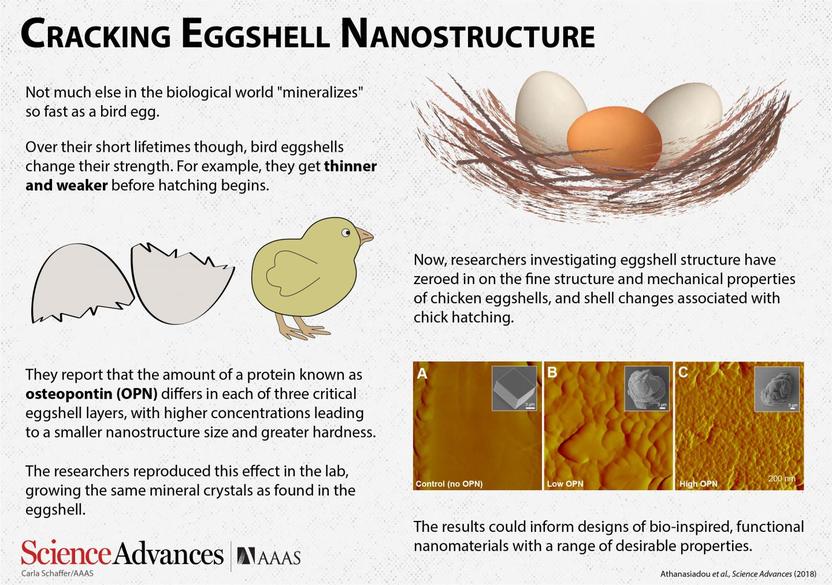
The thought that everyone is connected—that your actions toward other people could be actions toward yourself—is mind-boggling for many. How about for you?
It seems like author Andy Weir was successful in his intended reader response. Recall from the beginning of this post:
- “I wanted the reader to change their mindset (if only for a short time) and start imagining themselves really being the people they meet.”
Want to take it up a level from the Golden Rule? Try the Platinum Rule: “Treat others the way they would like to be treated.”
10. The universe is an egg“‘Once you’ve lived every human life throughout all time, you will have grown enough to be born.’
‘So the whole universe,’ you said, ‘it’s just…’
‘An egg.’ I answered. ‘Now it’s time for you to move on to your next life.'”
Maybe it is!
What did you think of Andy Weir’s short story The Egg? Please let me know in the comments.
You May Also Enjoy:
- The Ultimate Question: “Who am I? The Teachings of Bhagavan Sri Ramana Maharshi” (Book Summary)
- 20 Conscious Themes from “The Untethered Soul” by Michael Singer (Book Summary)
- A Deep Look at “A New Earth” by Eckhart Tolle (Book Summary #1)
- 10 Life-Transforming Themes from “Tao Te Ching” by Lao Tzu (Book Summary)
- On Enlightenment: 3 Meanings of the “Chop Wood, Carry Water” Zen Quote
Footnotes:
1. https://www.reddit.com/r/IAmA/comments/zt1n6/i_am_andy_weir_and_i_wrote_the_egg_ama/
https://www.reddit.com/r/IAmA/comments/zt1n6/i_am_andy_weir_and_i_wrote_the_egg_ama/
Sloww participates in the Amazon Services LLC Associates Program. When you purchase a book through an Amazon link, Sloww earns a small percentage at no additional cost to you. This helps fund the costs to support the site and the ad-free experience.
90,000 is useful to know about egg allergies (Eggallergi)Egg allergies ( Eggallergi )
Useful information on eggs - Information sheet of the Norwegian Astmatics and Allergies
,0002 What is an allergy to eggs? An allergic reaction to eggs occurs when the body reacts to some of the proteins found in eggs. Egg allergy is one of the most common in young children. Some have strong reactions even with a very small amount of eggs in the food, others have only a slight malaise, or the reaction occurs before the increase in the number of eggs consumed. Some react to the touch of the eggs or to the steam and smell. Egg allergy is more common in children than in adults. For most, the egg allergy disappears with age, but for some it persists into adulthood. nine0009
Egg allergy is more common in children than in adults. For most, the egg allergy disappears with age, but for some it persists into adulthood. nine0009
What reactions are caused by egg allergy?
The reaction of an allergic person who has consumed a food containing eggs may be different. Examples include loose stools, abdominal pain, an asthma attack, worsening eczema, difficulty breathing, and anaphylactic shock.
What does the body react to?
The reaction of the body is caused by proteins contained in both the yolk and the white of the egg. Some react more strongly to the egg proteins found in raw (not reheated) eggs. For some allergy sufferers, an asthma attack and/or allergic rhinitis may be caused by inhaling fumes from frying or boiling eggs. Sometimes the smell of fried waffles (steam containing egg and milk allergens) is enough to cause a reaction. nine0009
How do I treat an egg allergy?
Treatment for food allergies consists in eliminating from the diet
foods that the body cannot tolerate.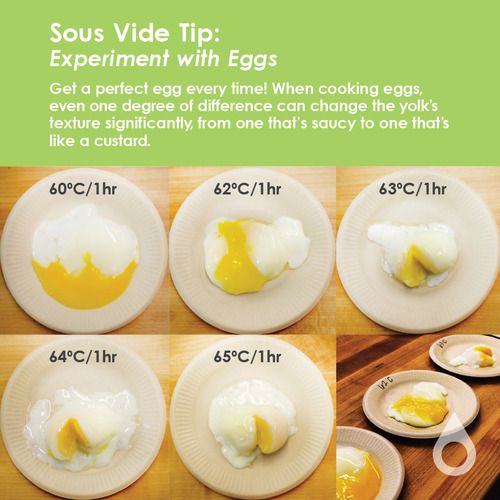
Where is the egg kept?
Items such as egg white, yolk, egg powder can indicate the content of eggs in food products. Sometimes names such as albumin or egg lysozymes are also given.
Foods that often contain eggs include cakes, biscuits, condiments, sauces, mayonnaise and egg salads, mustard, spaghetti, pasta, waffles, pancakes, filled chocolate coconut balls, candies, breaded dishes and casseroles. nine0009
It is important to read the list of ingredients carefully before using the product. According to the "Instructions on the Labeling of Dairy Products", all products containing eggs must be labeled accordingly in the list of ingredients. This also applies to bulk products sold in shops, restaurants, canteens and other places.
Some foodstuffs are labeled "Possible traces of eggs". This does not mean that eggs have been added to the product, but particles of egg products may have been introduced into the product during the manufacturing process. Most egg allergy sufferers tolerate the presence of traces of egg products in a certain amount and can eat foods with the above labeling. nine0009
Most egg allergy sufferers tolerate the presence of traces of egg products in a certain amount and can eat foods with the above labeling. nine0009
What can I eat if I have an egg allergy?
The egg is a nutrient-rich food, but it is also not essential for a healthy diet. Allergy to eggs entails, first of all, practical difficulties, as it leads to a restriction of the choice of cakes, biscuits, convenience foods, etc. Eggs have properties that are important for making good baked goods. They are a good binder and improve the raising process. nine0009
Egg substitutes such as "No Egg" and "Egg Replacer" are available in stores, which have the same binding and other properties needed for baking, but differ in nutrient composition. Before use, the egg substitute is mixed with water and beaten. In many cases, a good and cheap substitute for an egg can be obtained by increasing the amount of baking powder or soda. One egg can be replaced with one tablespoon of baking powder. By adding 1-2 tablespoons of cornmeal, you can get the same golden color of the dough as when using eggs. nine0009
By adding 1-2 tablespoons of cornmeal, you can get the same golden color of the dough as when using eggs. nine0009
In addition, the vast majority of pastries made from yeast dough, jelly, chocolate sauces, frozen juice, sherbet, fruits and berries do not contain egg elements and are excellent desserts and festive dishes.
Vaccines
Some vaccines, such as MMR, are based on the chick embryo. These vaccines usually do not cause allergic reactions. Other vaccines, such as the flu vaccine, can be grown in such a way that they can contain sufficient amounts of egg protein. However, in most cases the egg protein content will be so low that it will not lead to an increased risk for egg allergy sufferers. Vaccines belonging to these groups of vaccines can be used in medical centers, but the presence of a doctor is recommended. If you have a history of anaphylactic shock associated with an egg allergy, or if you have a sudden uncontrolled asthma attack, vaccination should be done in a hospital. nine0009
nine0009
How the egg diet works
A good way to get in shape fast
Website staff
You have probably already heard about the egg diet, which is now actively gaining popularity among Internet users. Fans of this four-week nutrition program claim that by severely cutting the amount of carbohydrates in the diet, it helps to effectively get rid of fat and not lose muscle. How the diet works, to whom it suits and whether it is worth relying on it, we tell in our material. nine0009
So, the egg diet is low-carbohydrate. Its main principle is the almost complete rejection of carbohydrates in favor of protein, which is proposed to be obtained from chicken eggs. Eggs are a storehouse of nutrients. Egg white provides the body with essential amino acids (more about them here), which not all products can boast of. The yolk is a source of vitamins A, D, E, K (which are perfectly absorbed thanks to fats) and a practically complete set of B vitamins.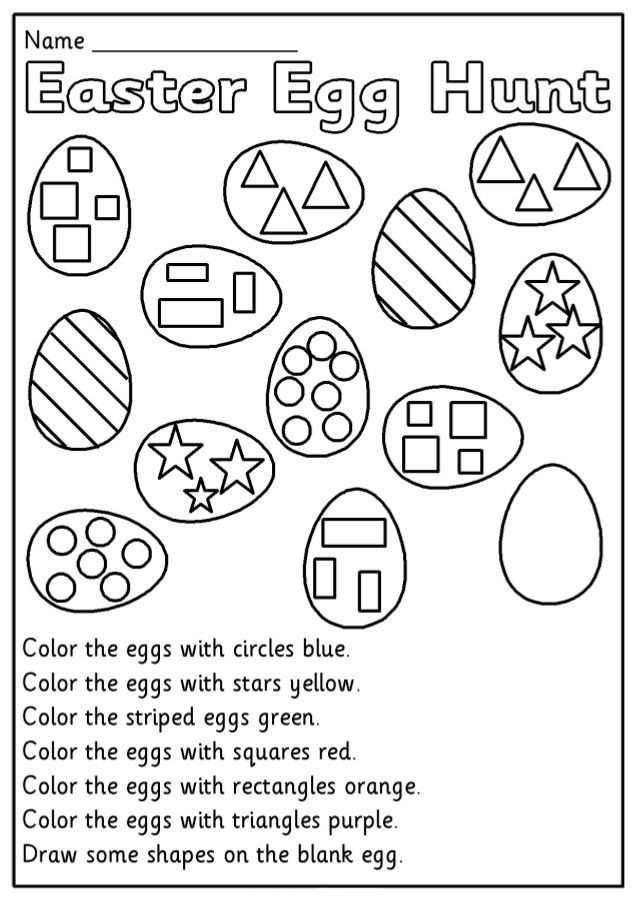 In addition, eggs are quite a nutritious product, so even with severe restrictions, they will not experience a strong feeling of hunger. nine0009
In addition, eggs are quite a nutritious product, so even with severe restrictions, they will not experience a strong feeling of hunger. nine0009
But don't jump to conclusions, the diet also has disadvantages. It’s worth starting with the fact that eggs, along with useful omega-3 acids, eggs contain low-density lipoproteins (bad cholesterol). Usually, nutritionists recommend eating no more than 2 medium-sized chicken eggs per day to avoid a high load on the heart. In addition, the dietary intake is severely limited, which can lead to a deficiency of certain nutrients. The diet is strictly contraindicated for pregnant women and people with kidney and heart diseases. nine0009
This is a diet with a strict eating plan, from which it is not recommended to deviate. During the diet, it is necessary to monitor the amount of fluid consumed - drink at least 2 liters of water per day, give up alcohol and caffeine. If you have no contraindications to the diet and you decide to try it, carefully monitor your well-being. If sticking to the schedule is very difficult or there are uncomfortable sensations, it is better to stop the diet in order to avoid health problems.
If sticking to the schedule is very difficult or there are uncomfortable sensations, it is better to stop the diet in order to avoid health problems.
Week first
day 1
- breakfast : 2 cooked hard eggs and grapefruit
- lunch : Fruit of one type in any number, until saturation
- dinner 9002 902 902 Day 2
- Breakfast : 2 hard-boiled eggs and orange
- Lunch : boiled vegetables, 1 egg, 100 g low-fat cottage cheese
- Dinner : grapefruit and vegetable salad - tomatoes, cucumbers, onions, Beijing cabbage, Bulgarian pepper
day 3
- Breakfast : 2 boiled eggs
- : choice of vegetables of one type (e.
 g. zucchini, carrots, green beans) and 2 boiled eggs
g. zucchini, carrots, green beans) and 2 boiled eggs - Dinner : boiled white fish 200 g, lettuce 3 pcs, grapefruit
Day 4
- Breakfast : 2 hard -boiled eggs and orange
- lunch : boiled or baked chicken breast 200 g
- Dinner : 2 welded eggs, leaf salad or celery, grapeftri
5
- Breakfast : 2 hard -boiled eggs and grapefruit
- lunch : boiled vegetables, 1 egg, 50 g of non -fat cottage cheese Dinner : Vegetable salad - tomato, cucumbers, Luke, Pekingskaya Kapust, Luke, Pekingskaya Kapust, Bulgarian pepper, grapefruit
Day 6
- Breakfast : 2 cooked hard eggs and orange
- lunch : Boiled or baked chicken breast 200 g, piece of grain bread Digness : Fruit Saet Freet Swan (pear, orange, kiwi, apple) with lemon juice
Day 7
- Breakfast : 2 hard boiled eggs and grapefruit
- Lunch : stewed or boiled vegetables of one type of choice (e.
 g. zucchini, carrots, green beans) and 2 boiled eggs , grapefruit
g. zucchini, carrots, green beans) and 2 boiled eggs , grapefruit
Week second
day 1
- Breakfast : 2 boiled hard eggs and grapefruit
- lunch : Domes' vegetables, 1 egg, 50 g of non -residential Complex
- Dinner : 2 cooked eggs, leaf salad or celery, grapefruit
day 2
- Breakfast : 2 cooked hard -boiled eggs and oranges, dinner : dousy : touched vegetables. (e.g. zucchini, carrots, green beans) and 2 boiled eggs
- Dinner : vegetable salad - tomatoes, cucumbers, onions, Chinese cabbage, bell peppers, grapefruit
Day 3
- Breakfast : 2 boiled hard eggs and grapefruit
- lunch : Boiled or baked chicken breast 200 g
- : a piece , grapefruit
day 4
- Breakfast : 2 cooked hard eggs and orange
- lunch : stewed or boiled vegetables of the same type of choice (for example, zucchini, carrots, peppers) and 2 rachers) and 2 boar eggs) nine0093
- Dinner : Vegetable salad - tomatoes, cucumbers, onions, Beijing cabbage, Bulgarian pepper, grapefruit
- Breakfast or Breakfast and grapefet .
- Dinner : unsweetened fruit salad (pear, orange, kiwi, apple) dressed with lemon juice
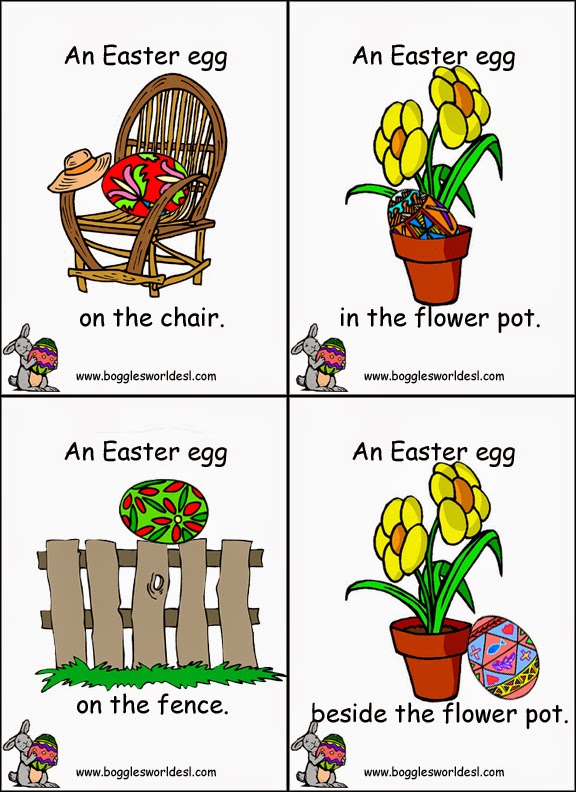 skinless baked chicken breast 200 g
skinless baked chicken breast 200 g Day 6
- breakfast : 2 hard -boiled eggs and orange
- lunch : stewed or boiled vegetables of the same type of choice (for example, zucchini, carrots, beans of a patch) and 2 boiled eggs
- Dinner : vegetable salad - vegetable salad - vegetable salad - vegetable salad - vegetable salad Tomatoes, cucumbers, onions, Beijing cabbage, Bulgarian pepper, grapefruit
day 7
- Breakfast : 2 cooked hard eggs and grapefruit
- lunch : decorated vegetables, 1 egg, 50 GR of non -fat reckmen.0093
- Dinner : fruit salad of unsweetened fruits (pear, orange, kiwi, apple) dressed with lemon juice
Week Three
Day 1
Day 2 Boiled or steamed vegetables, excluding potatoes.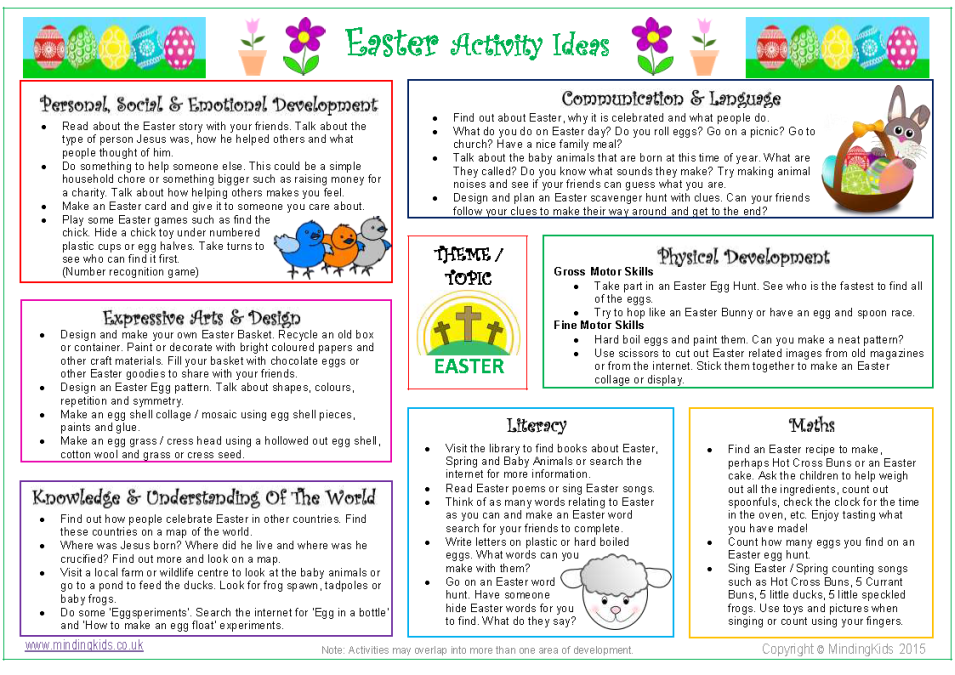 You can add fresh vegetables.
You can add fresh vegetables.
Day 3 - fresh and boiled vegetables, fruits.
Day 4 — boiled or steamed fish, stewed cabbage. nine0009
Day 5 - lean chicken or beef, boiled vegetables.
Day 6 - one kind of unsweetened fruit
Day 7 - one kind of unsweetened fruit. Fresh and boiled non-starchy vegetables, you can add steamed vegetables, unsweetened fruits.
Week 4
Day 1 - 200g boiled beef, 3 tomatoes and 3 cucumbers, 1 fruit, 1 whole grain toast allowed.
Day 2 - boiled chicken breast without skin 300 g, 1 cucumber, 3 tomatoes, 1 grapefruit, 1 slice of bread.
Day 3 - boiled beef or chicken of your choice: 200 g, tuna in its own juice 100 g, 4 cucumbers and 4 tomatoes, 1 orange, 1 slice of bread.